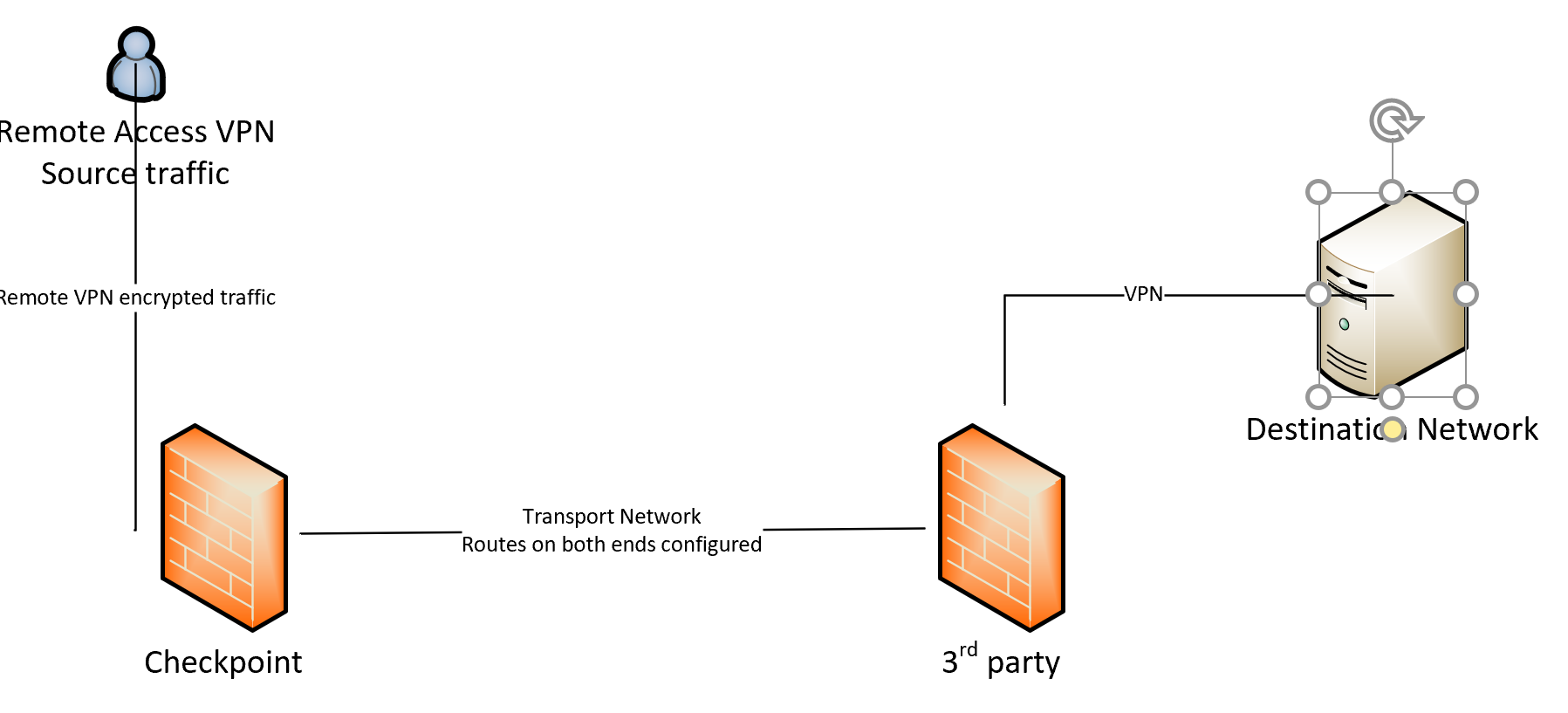

When assigned with a non-routable IP address a conflict may occur, either with similar non-routable addresses used on the corporate LAN, or with other clients which may receive the same IP address while positioned behind some other hiding NAT device.įor example, if a client user receives an IP of 10.0.0.1 which is entered into the headers of the IPSec packet.

This is difficult to adjust without knowing the remote client’s IP address in advance. Router ACLs (access lists), for example, might be configured to allow only specific or internal IP addresses to access network resources.
Some networking protocols or resources may require the client’s IP address to be an internal one. Because of this, several problems may arise: The client may even receive a non-routable IP which is then hidden behind a NATing device. Typically, when remote access is implemented, the client connects using an IP address locally assigned by, for example, an ISP. Using Office Mode with Multiple External InterfacesĪs remote access to internal networks of organizations becomes widespread, it is essential that remote users are able to access as many of the internal resources of the organization as possible. Consequently, a remote secure access strategy also gives organizations the flexibility to attract the best talent and promote collaboration between teams, offices, and locations.The Need for Remote Clients to be Part of the LAN. For a relatively low price, a remote secure access VPN helps both small and medium-sized businesses give their remote workers secure and convenient access to the company’s private servers and reduce a possible exposure to cyberattacks. They do not need to go to the server’s location to fix the problem, and instead can log in remotely to a corporate network by simply using their personal devices. Remote secure access VPN provides IT technicians a faster and easier way to troubleshoot software functionalities. The main advantage of remote secure access is the ability to provide individual users a way to remotely and securely connect to a computer network through an encrypted tunnel that allows them to access all resources in that network. Businesses use remote secure access VPN to make sure the connections between their networks, offices and remote devices are secure. 
Multiple sessions from the client to different corporate servers can be secured within the VPN tunnel.

Another method is to create a Virtual Private Network (VPN) tunnel between the remote client and the corporate resource. This is the widely used client to server standard used to secure web traffic to banks, hospitals, web search, etc. Encryption of all transmitted data can be done within in a single session between the client and server using TLS.








 0 kommentar(er)
0 kommentar(er)
